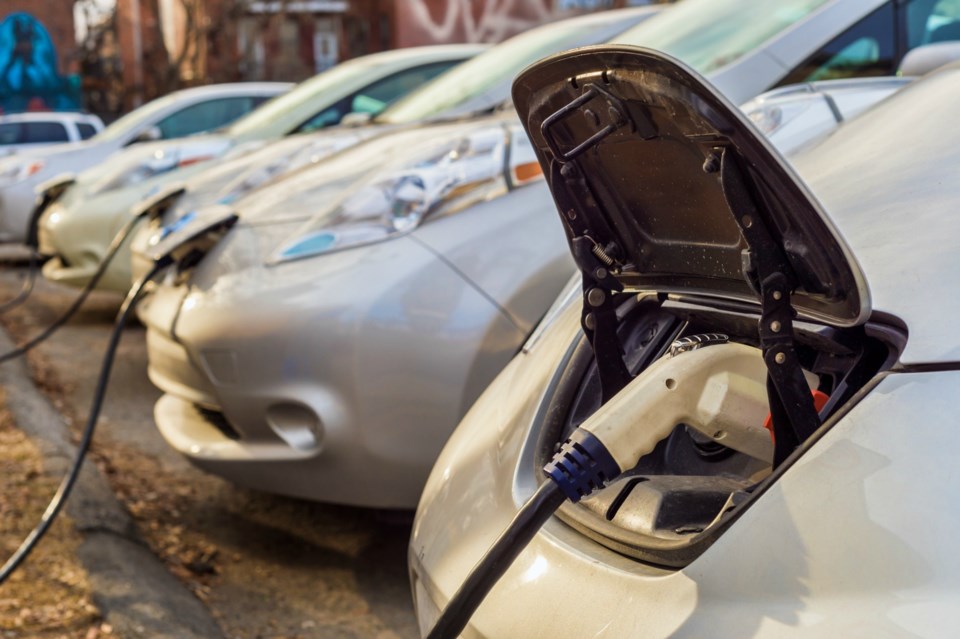The Longmont Transportation Department last week unrolled its new Equitable Carbon Free Transportation Roadmap, or ECFTR, seeking approval to bring it to city council for approval on April 6.
The Transportation Advisory Board last week approved advancing the plan to council, with some adjustments.
The ECFTR was created from a variety of plans over the past years that included equity and carbon-free transportation, Phil Greenwald, city transportation planning manager, said during last week's Transportation Board meeting. The purpose of the plan is to give the city a roadmap to work toward reducing vehicle emissions and improving air quality.
Goals included in the plan are:
- Reducing overall greenhouse gas emissions by 69% by 2050
- Reducing transportation-related fuel consumption by 33% by 2050
- Increasing equitable access to transportation infrastructure
- Prioritizing construction of missing links to connect bicycle and pedestrian facilities to allow safe ways to travel other than by car
- Education and funding to enhance the overall safety of the transportation system
Three strategies were identified to achieve those goals: shortening and reducing the number of vehicle trips, shifting modes of transportation and reducing direct vehicle emissions.
Reducing emissions across the city begins with increased usage of electric vehicles, which may require incentives across the city and for Longmont to add more electric vehicles to its fleet, Greenwald told the board.
The city plans to work with partners to use “outreach, incentives, programs, and infrastructure to encourage residents and employees to consolidate errands and work from home” to reduce transportation-related emissions, according to information included in the transportation board packet.
The ECFTR plan encourages drivers who cannot reduce the number of vehicle miles traveled or change their mode of transportation to switch to a reduced- or zero emissions vehicle. The city also would improve infrastructure to support more EV charging stations, according to the board packet.
At the foundation of the plan’s goals are equity priorities. The Transportation Department recognizes the importance of equality in the planning process to include people of all languages, abilities and cultures, said Francie Jaffe, water conservation and sustainability specialist for the city.
The city plans to explore and implement strategies to ensure all people are included in the development and implementation of projects while also addressing cost burdens and eliminating barriers to access programs, according to the board packet.
“If we are not inclusive to all members of the community then we are not going to reach all of our goals,” Jaffe said.
Transportation board members identified a few improvements they would like to see made to the plan.
Member Liz Osborn saw two barriers not mentioned in the plan — reliability and around-the-clock public transportation availability for those unable to afford a personal vehicle.
Member David Droege asked for a larger emphasis on safety.
Greenwald said he and Jaffe would revisit those goals.



